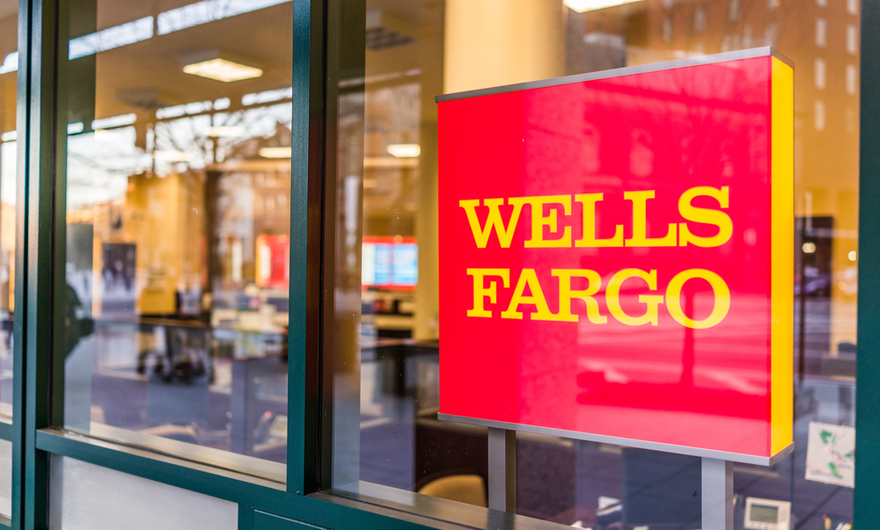The Securities and Exchange Commission (SEC) has announced charges against four Transamerica entities for misconduct involving faulty investment models and ordered the entities to refund $97 million to misled retail investors.
According to the SEC’s order, investors put billions of dollars into mutual funds and strategies using the faulty models developed by investment adviser AEGON USA Investment Management LLC (AUIM). AUIM, its affiliated investment advisers Transamerica Asset Management Inc. (TAM) and Transamerica Financial Advisors Inc., and its affiliated broker-dealer Transamerica Capital Inc., claimed that investment decisions would be based on AUIM’s quantitative models. The SEC’s order finds that the models, which were developed solely by an inexperienced, junior AUIM analyst, contained numerous errors, and did not work as promised. The SEC found that when AUIM and TAM learned about the errors, they stopped using the models without telling investors or disclosing the errors.
Investors were repeatedly misled about the quantitative models being used to manage their investments, which subjected them to significant hidden risks and deprived them of the ability to make informed investment decisions,” said C. Dabney O’Riordan, Co-Chief of the SEC Enforcement Division’s Asset Management Unit.
Without admitting or denying the SEC’s findings, the four Transamerica entities agreed to settle the SEC’s charges and pay nearly $53.3 million in disgorgement, $8 million in interest, and a $36.3 million penalty, and will create and administer a fair fund to distribute the entire $97.6 million to affected investors.
In separate orders, the SEC also found that AUIM’s former Global Chief Investment Officer, Bradley Beman, and AUIM’s former Director of New Initiatives, Kevin Giles, each were a cause of certain of AUIM’s violations. In particular, the Commission found that Mr. Beman did not take reasonable steps to make sure the mutual funds’ models worked as intended and that Mr. Beman and Mr. Giles both contributed to AUIM’s compliance failings related to the development and use of models. Beman and Giles agreed to settle the SEC’s charges without admitting or denying the findings and pay, respectively, $65,000 and $25,000 in penalties that also will be distributed to affected investors.
The SEC’s investigation was conducted by David Benson, Anne Graber Blazek, and Paul Montoya of the Enforcement Division’s Asset Management Unit in the Chicago Regional Office, and Michael Cohn of the Asset Management Unit in the New York Regional Office.




